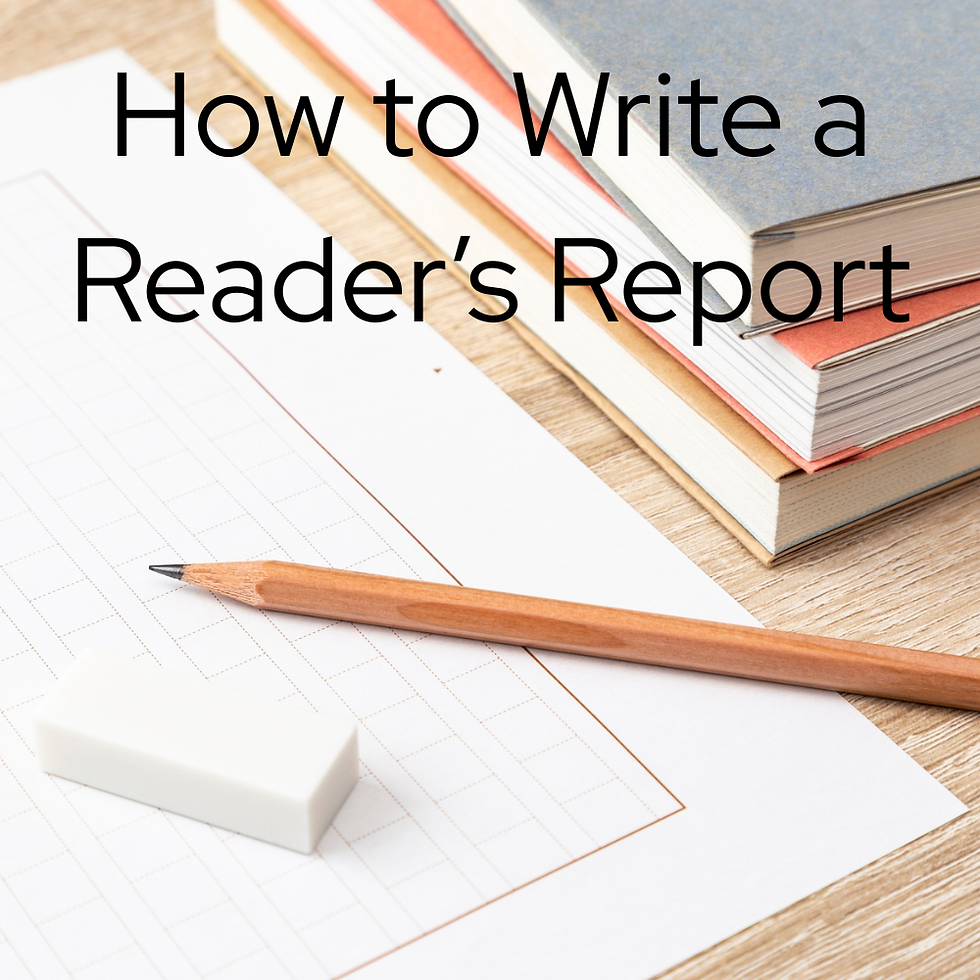How the Heck Do I Add Humor to My Writing?
- Jessica Rosa
- Nov 10, 2017
- 4 min read
Updated: Aug 31, 2022
Writing with humor is a wonderful skill. Humor adds texture to writing, either through comic relief or just a needed change of pace. It’s fun to write and, more importantly, it’s fun to read! However awesome it is, the task of writing comedically can be a daunting one. You may be asking yourself, how the heck do I add humor to my writing?
Don’t worry. I got you covered.
First we have to worry about subject matter.
Let me just start by saying that some things are never ever funny. Rape, child abuse, the Holocaust, dead babies… if you think it’s offensive, it probably is. Play it safe here.
This Ted Talk does a good job of summarizing what makes things funny. In the video, Peter McGraw talks about his theory of humor: that things are funny when they are unexpected (violations) in a harmless (benign) way. You can watch it here:
This is seriously such a good watch. I highly recommend watching it, as it’s pretty much impossible for me to summarize and communicate what he does without simply typing the entire video transcript. Give it a try the next time you have a 12 minute drive!
Anyway, the point is that not everything is funny, but lots of things are. Choose carefully. Personally, I think potty humor is a good go-to for humor, but so would most five-year-olds, so it’s okay if that’s not your thing.
There is one important point that McGraw discusses in the Ted talk that I think carries over to writing very well. McGraw basically says that sometimes situations are just unexpected or violations of social norms without anything to soften them to make them harmless or benign, which coincidentally keeps them from being funny. He advocates a number of ways to soften the violation, the most obvious being creating distance.
For example, your most embarrassing moment probably wasn’t funny when it happened to you at the time. One distancing technique is to use past tense in writing a humorous story. This makes readers feel as if it has already happened and is less of a violation. Another distancing technique would be to use third person narration. First person makes it up close and personal, decreasing the chances for humor. Third person makes it more okay.
Next, we go to phrasing.
It’s really easy to take a funny subject and completely take all the humor out of it with the wrong phrasing. For example… (and forgive me, my example does contain potty humor)
You could say:
While she was shopping with her friends, she realized she needed to go use the bathroom.
Oooor..:
She began to feel it in the very first store.. The faint pressure, the heaviness. She tried to ignore it, tried to make it through the shopping trip without awkwardly excusing herself or making the entire group take a detour to the bathroom. She succeeded until the very last store they visited. There was a sale on her favorite brand of skinny jeans, so she grabbed a few and headed over to the dressing rooms. It was the skinny jeans that did her in. Wiggling and squeezing to make herself fit into them, realizing she may have gotten the wrong size but continuing anyway. Straining to button them when that extra pressure on her bladder made her realize. She had to pee and she had to pee now.
And part of what makes the second example funny is the timing. It doesn’t just explain the problem, it dwells on it, delves into her mind and doesn’t resolve it just yet. Which brings me to the next point: don’t resolve it too quickly. Things are funny when they are drawn out.
For instance, you could say:
She awkwardly ran to the bathroom to relieve herself.
Or...
You could talk about how she struggled to get the skinny jeans off, desperately holding it in. How she had to sit down to peel the jeans down her calves and how the seated position put even more pressure on her bladder. How it took precious seconds to get her own jeans back on and by that time, she couldn’t even be bothered to explain to her friends. How she made a mad dash to the closest bathroom…
You get the point.
The ending to a humorous anecdote can make or break it. Keeping with this example, there are two possible endings: either she makes it to the bathroom in time or she wets her pants. Wetting her pants makes this story into an embarrassing story, one that readers might not find as humorous any longer. It’s important to bring resolution to the story eventually by choosing the ending in which she makes it to the bathroom in time. This ending makes the story into a close call that readers can laugh about.
Now that you have a few tips, try your hand at these sentence prompts!
Due to the incident last Thursday, cheese-its are no longer allowed in the library.
“Can we talk about this when I’m not covered in honey?”
And then, looking straight at me, he licked my phone.
I didn’t mean to start the first day of class with a literal bang, but...
About the author: Jessica Rosa is an English major originally from central California. She loves bad puns and good writing, and she will out-quote you in every Disney movie ever. Her specialties include collecting awkward dating stories, eating too much chocolate, and writing about both. Jessica's blog is at thelifeofaneditor.blogspot.com
.png)



Comments